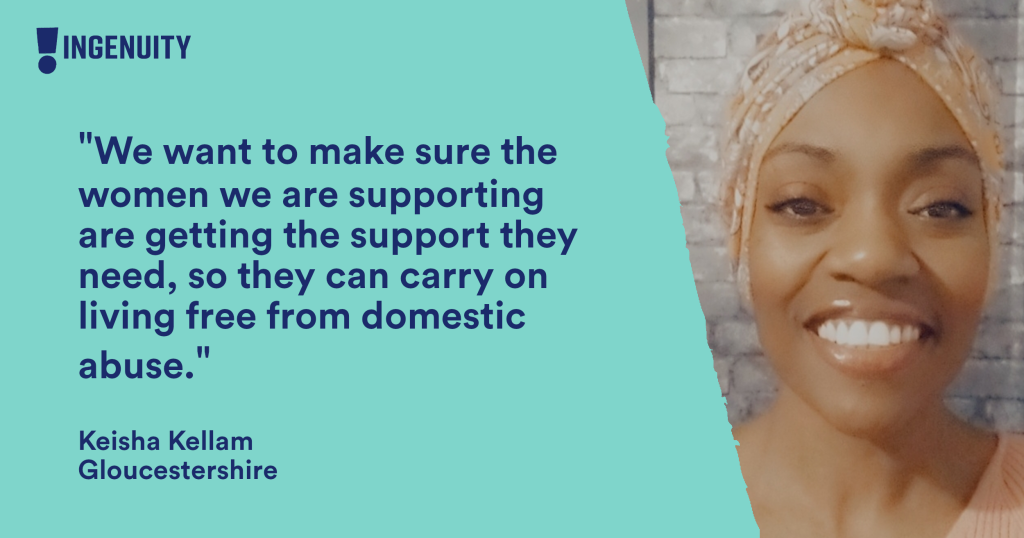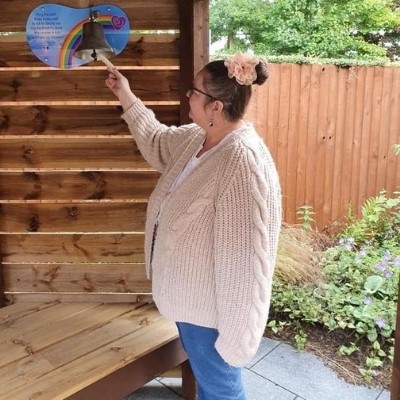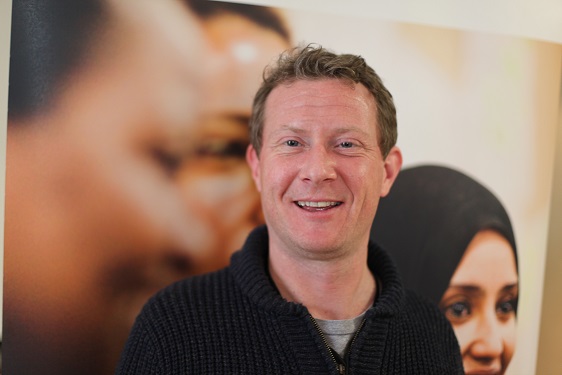

We had some great entrants from the South West this year, both from our partner universities and members of the local community.
Our Regional Finalists are now in the mentoring stage of the Programme, gaining valuable insights from our team of experienced mentors as they look to fine-tune their business plans.
Keisha Kellam founded Honour Thy Woman, a domestic abuse peer support group in Gloucestershire. Motivated by her lived experience as a domestic abuse survivor, Keisha founded the group to provide drop-in sessions, creative workshops, self defence classes and health and wellbeing workshops to anyone who has experienced domestic abuse.

University of Gloucestershire student Laura James wants to help people with disabilities book events easily through her idea GigAble. By streamlining the access booking process and delivering a comprehensive service for both the attendee and venue, she wants to help improve the lives of disabled people by helping them to reclaim their independence.

Nigel Smith, a retired stroke consultant, wants to to build a bridge between researchers, stroke survivors and clinical staff through his Stop Mo Studios amination CIC. Having seen first-hand how stroke survivors often feel abandoned on leaving hospital or ending rehab, Nigel hopes to improve wellbeing amongst local survivors through post-stroke workshops and art groups.
Cancer survivor Karen Bucknall wants to form a network of cancer survivors and provide after care groups, podcasts and activities, so that fellow survivors don’t have to face life in remission on their own.

Josh Pullen wants to make sport and exercise more accessible through his Aspire and Go sports rental idea. Inspired by the likes of Santander bikes and Voi scooters, Josh aims to reduce barriers to participation and maximise the usage of often neglected sports facilities by providing rented sports equipment through easily accessible lockers in various sports locations.
Inspired by his experiences living close to someone with dementia, David Pearson’s idea Mind Minder aims to provide a daily, in-home, mental stimuli and assessment tool via Amazon Alexa-enabled devices for those living with dementia.
Emma Rhys Thomas hopes to combat sedentary lifestyles and hours of inactivity through her INSKN method of movement, to bring awareness to posture through the body’s sensory networks.
Nic Moorey’s Hand in Hand will provide accessible holistic aromatherapy, working with local partners to improve wellbeing in the community.
Robin Watkins-Davis’ Shift looks to teach everyday skills for life’s ups and downs, aiming to make every young person feel empowered and more resilient within themselves through yoga and other wellness techniques.

Mark Weldt’s Stepping into the Future will look to tackle both climate change and the housing crisis by building sustainable and affordable modular accommodation that offers flood resistance by design.
Wes Hinckes’ community-facing platform Socially Enterprising aims to connect communities to themselves so that they can become active and engaged locally and involved in multiple forms of community development activity.

Georgia Fearnley is looking to stop hyper-consumption through BOSH, a B2C item rental marketplace that allows anyone to rent everything from DIY, gardening tools and camping gear, to technology, water sports equipment and fashion. With a desire to have a positive social and environmental impact at global, local and individual level, BOSH offers an immediate, low-waste way of consuming and provides individuals access to items, opportunities and activities that may have been inaccessible due to a lack of finance.
If you’re inspired by our participants’ stories, and want to support their businesses, get in touch at ingenuity@nottingham.ac.uk